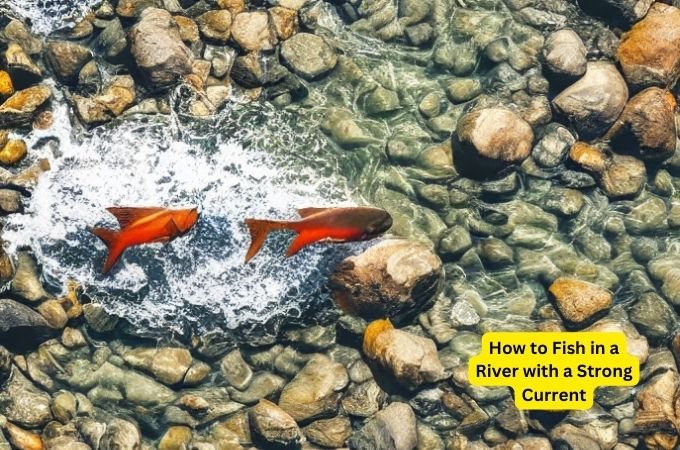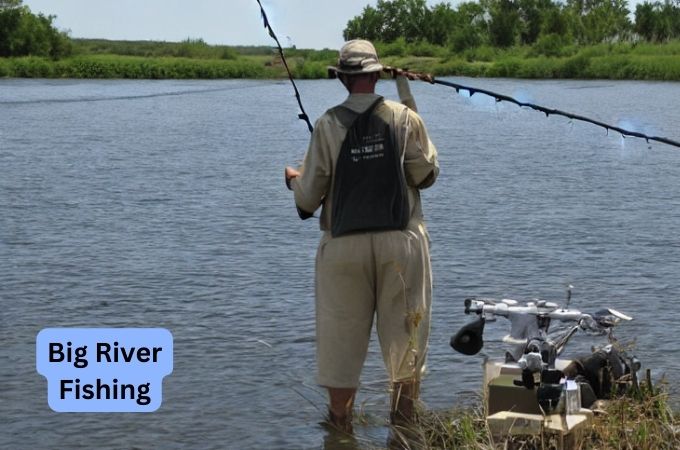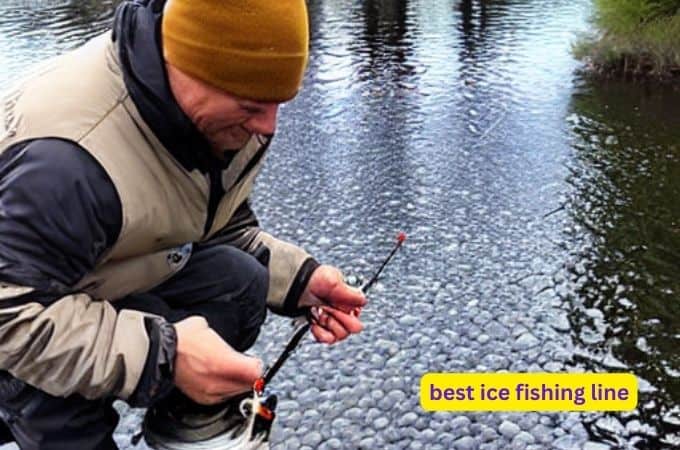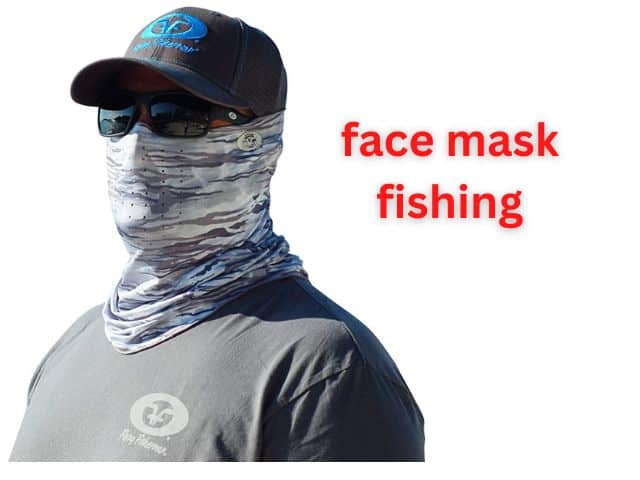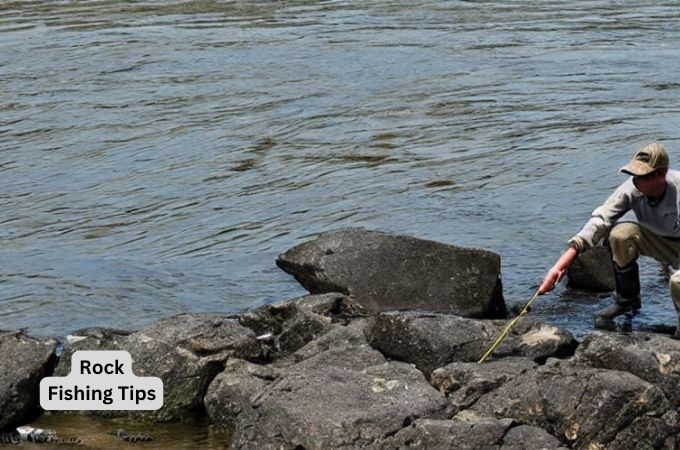Freshwater vs Saltwater Fishing | Know The Difference
Today’s topic is Freshwater vs Saltwater Fishing. When it comes to fishing, it is true that most anglers whether fresh water anglers or saltwater anglers will ply their craft in much more similar ways.
Even so, there are still a few significant differences that exist between those who fish in freshwater and their saltwater counterparts. Saltwater anglers, for instance, are usually forced to fish deeper and to use much more robust gears.
In addition to that, saltwater anglers employ very different strategies and techniques in their fishing expedition. Thankfully, we will look at a few differences that make these two angling methods unique in their own way. Let’s dig right in.
The Meaning
When looking at freshwater vs saltwater fishing we must first understand what these two terms mean.
Freshwater Fishing: What it Is
This is the term used to define the angling practice that is done in any freshwater location. By freshwater, I mean any water bodies with less than 0.05% level of saline. These waters will include rivers, lakes, and ponds.
This type of fishing system is often a much more relaxing and easy method. It is pressure-free and many anglers often use it as a reflective hobby rather than a combat experience. Due to this, most freshwater fishermen would either lie in a boat or keep wading.
In freshwater fishing expeditions, most fishermen will often target the following types of fish:
- The Largemouth bass
- The Walleye
- The Bluegills
- The Catfish
- The Northern pike
NOTE: When freshwater fishing, there is one thing that you have to keep in mind. You need to know the exact creel limit the area has.
Saltwater Fishing: What it Is
Unlike freshwater fishing, saltwater fishing is an angling method where the fishermen fish in the seas or oceans.
Fishing can take place in large boats and under a large water body, pier, and sometimes from the shore such as in surf fishing.
Saltwater fishing is often left for the anglers who seek adrenaline-shooting adventure. This is because the type of fish that you will find here are usually big and will never be found along the shore.
Experts say when looking at these two types of fishing; the latter is a great way of getting an awesome angling experience. There are also wide varieties of very large fish that you will find here.
Sincerely speaking, I think it’s the adrenaline rush one gets when they combat the big fish that keeps them coming back to this game.
Nonetheless, like in freshwater fishing, you can always use the live and the artificial baits in saltwater fishing. However, you must make sure that the bait is oily and chum.
Reels
Most fishing reels that we have today are perfectly capable of handling freshwater inside their gear mechanisms. However, if saltwater was to go in there, it could quickly ruin the reels as they aren’t built to withstand the effects of salt water.
Due to what we have mentioned above, reels that are often used in salt water are specially designed to withstand the effects of salty water.
Material Used
For starters, the materials used for the freshwater reels are built from very simple metals. These metals will work just fine in the freshwater environment. Well, at the end of the day, they will corrode, but by then, you will have grabbed a new reel.
However, most saltwater reels are designed from special metal alloys that won’t corrode as quickly. If no, a protective coating will be applied to help the metal to withstand any form of contact with saltwater.
Special Casing
Some reels used for freshwater angling will feature sealed components. These will the following:
- Bearings
- Gear boxes
- Drag systems
The same applies to saltwater reels. However, in freshwater fishing, the seals are designed to essentially function like gaskets. They will prevent saltwater from reaching the main inner components of the reel and eventually cause corrosion or away from the lubricating grease.
Line and Lure
Saltwater reels are also designed for heavier lines. They also work best with heavier tackle and fish as compared to their freshwater counterparts. Because of this, you will never find any saltwater anglers using a lighter reel such as a 4-pound-test line and the 1/8-ounce lures.
The opposite is true. You won’t also find anyone using an 80-pound test line or a 2-ounce sinker and a foot-long lure at your local farm pond.
Type of Reel
In addition to all these, there are significant differences in the type of reels used by the saltwater and the freshwater anglers.
Freshwater anglers will use the spinning, spin casting, or even baitcasting reels irrespective of where they fish. On the contrary, saltwater anglers will use various types of reels depending on their situation.
They will use a fairly typical spinning or even baitcasting reel for the inshore angling instead of using a specialized, heavy-duty, high-capacity spinning or baitcasting reel for the offshore fishing experience.
Rods
Unlike reels, the rods used in saltwater don’t vary a lot from those used in freshwater. The design materials are often the same which means that the rods can be forged from fiberglass, a graphite component, or even a combination of both.
Fittings
Even so, when it comes down to the fittings, there is usually a major difference, especially around the fishing rod’s size. Because saltwater fishing is usually a fight graphite rods are usually used over the others. They are stiff enough and will detect the very slightest of bites. This is not the same for freshwater rods as any rod will do.
Weight
Yet again, when it comes to jigging and casting both the freshwater and saltwater rods can be used. Saltwater rod is often usually thicker/ heavier too compared to its freshwater counterpart. Saltwater are also longer.
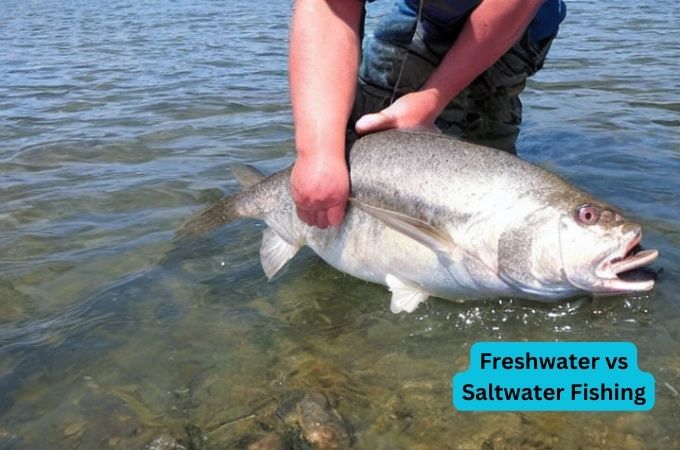
Conclusion:
When it comes to freshwater vs saltwater fishing too, the price will play a key role. Because of the demanding nature of their work, saltwater gears will often cost more than their freshwater counterparts.
